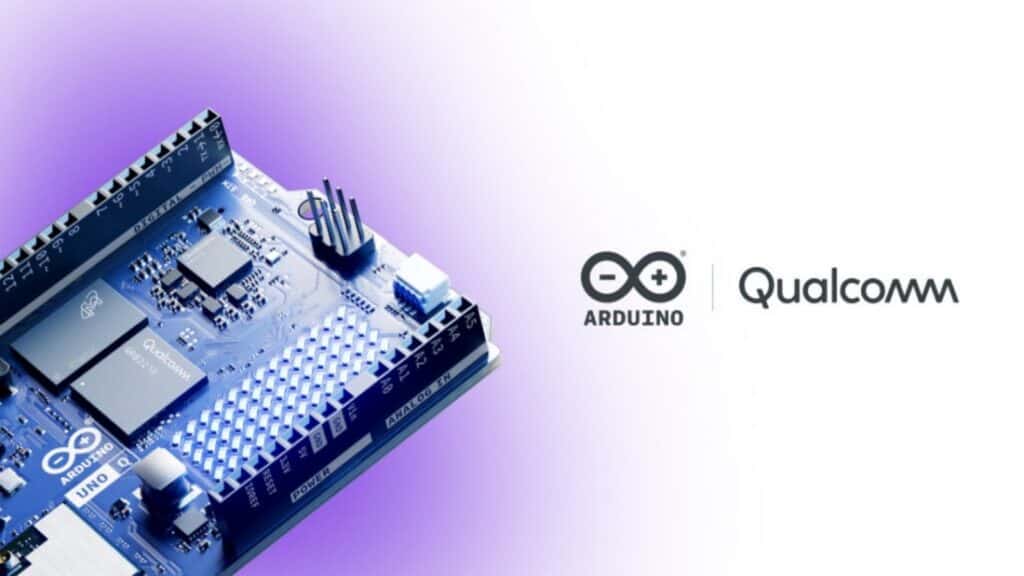Qualcomm Acquisition of Arduino Unlocks Advanced UNO Q Microcontroller for Maker Innovation

Qualcomm’s Game-Changing Acquisition: What Arduino’s New Chapter Means for Makers and Innovators
Major Industry Move: Expanding Horizons for Embedded Computing
Qualcomm’s acquisition of Arduino, confirmed on October 7, 2025, marks a pivotal moment for embedded technology, IoT development, and the global maker movement. Arduino, long celebrated for its accessible open-source hardware, now enters a new phase under Qualcomm’s management. This highly strategic partnership positions both entities to reach vast groups of developers, professional engineers, and robotics hobbyists, leveraging Qualcomm’s deep expertise in chip manufacturing and computational power. The transaction sets the stage for transformative changes in how innovations are prototyped and brought to market, especially in automation, smart devices, and artificial intelligence applications.
This deal enables Arduino to operate as an independent subsidiary, preserving its unique ethos of openness and simplicity for its passionate community. With Qualcomm’s resources behind it, Arduino gains far greater scalability, accelerated paths to commercialization for emerging technologies, and access to advanced hardware portfolios. Meanwhile, Qualcomm taps directly into Arduino’s vibrant global user base, dramatically expanding interest and potential adoption for its silicon solutions within robotics, AI, and smart device prototyping. Industry leaders have characterized the agreement as a union of complementary strengths: technical excellence paired with unmatched community engagement.
Next-Gen Hardware: Introducing UNO Q Powered by Qualcomm Dragonwing QRB2210
Among the most immediate results is the launch of UNO Q, a forward-looking microcontroller board featuring Qualcomm’s powerful Dragonwing QRB2210 processor. Priced attractively between $45 and $55, this platform signifies a major leap in capability for makers and innovators. The UNO Q offers quad-core architecture, onboard AI and graphics acceleration, enhanced support for camera and audio, plus compatibility with Linux, making it ideal for those pursuing advanced computer-vision and machine learning projects. Importantly, it integrates a real-time STM32U585 microcontroller, blending high-performance data processing with precision control, suited for robotics, automation, and edge computing.
This release isn’t limited to hardware enhancements. The UNO Q also debuts alongside Arduino App Lab, a unified software platform designed for seamless development spanning Python, Linux, AI, and real-time operating systems. This environment streamlines the prototyping workflow, enabling rapid iteration and deployment across domains such as anomaly detection, object recognition, and smart sensing. These technical advances are closely aligned with the vision of fostering innovation and accessibility among developers of all experience levels—whether building their first IoT project or launching scalable intelligent devices into global markets.
Commitment to Legacy: Preserving Tradition While Accelerating Innovation
Despite these sweeping changes, assurance has been provided that Arduino’s existing product line and ecosystem will maintain continuity. Qualcomm has pledged that board designs, compatibility, and the development environment that millions have come to depend on will persist without disruptive changes. This promise resonates strongly within the maker and educational communities, underpinning the trust and enthusiasm that have defined Arduino’s success for two decades.
As the industry digests this news, the acquisition is widely anticipated to catalyze new opportunities for learning, rapid prototyping, and commercialization. With cutting-edge boards like UNO Q, advanced software tooling, and the deep support of two industry titans, developers, hobbyists, and educators are positioned to shape the evolution of connected devices and robotics in unprecedented ways. The days ahead will reveal just how far this partnership will stretch the boundaries of what’s possible in electronics design and embedded intelligence.
Keywords:
Qualcomm acquisition, Arduino, maker community, microcontroller, UNO Q, embedded systems, robotics, edge computing, DIY electronics, developer ecosystem
